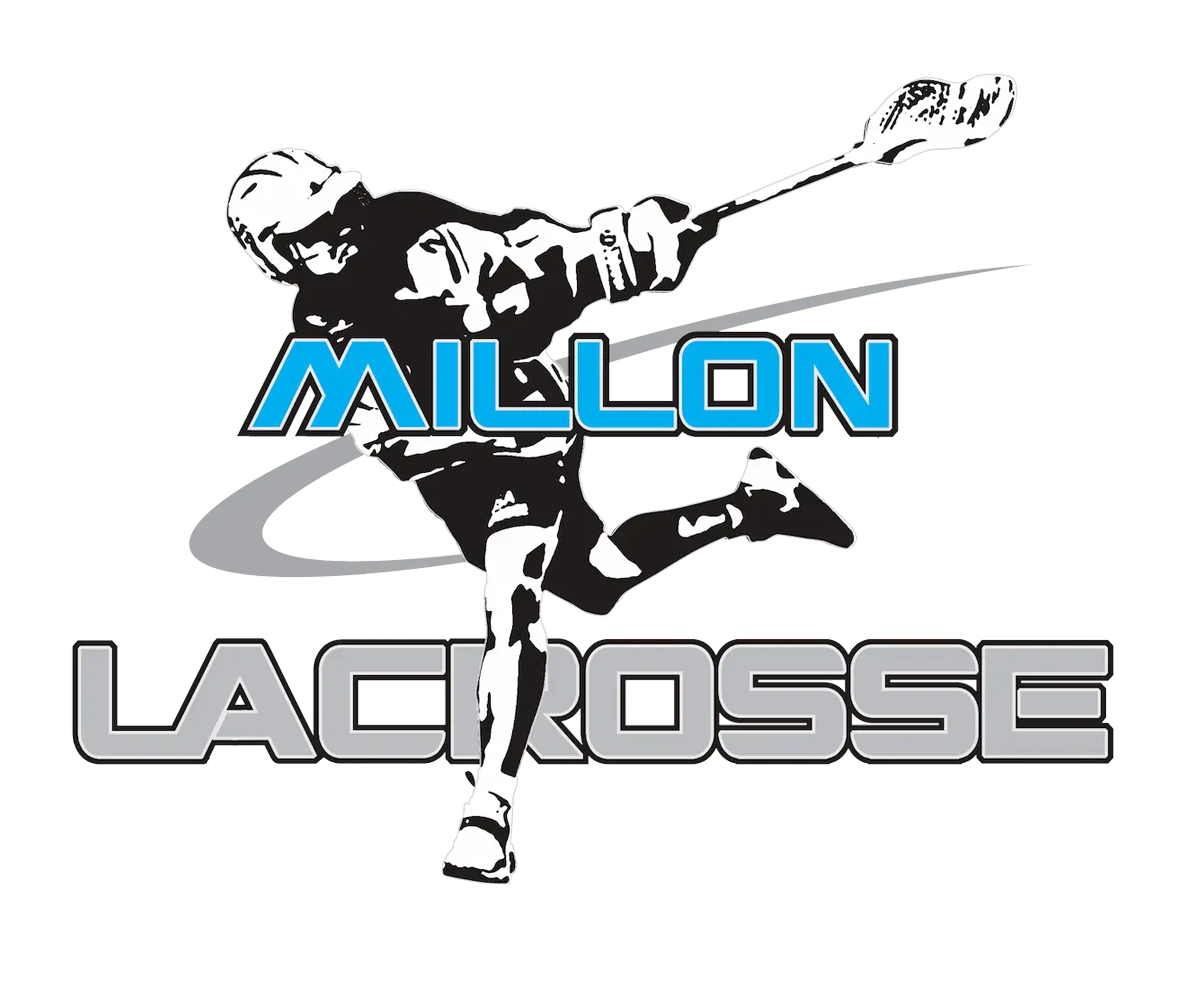“Compounding” and “trusting the process” in lacrosse development
“Compounding” and “trusting the process” in lacrosse development
As we get deeper into an “instant gratification” culture I want to remind parents and players that lacrosse is a difficult sport to play at the highest level and one needs to be patient and trust the process. I am constantly asked “what recruiting events to attend” and “how you get recruited” and without hesitation I always tell folks “good players get recruited”. Athletes need to remember that under the age of 14 or so you should not be concerned about results, wins/losses, but focus on improvement on fundamentals especially during the offseason. I hope to illustrate this through the investing concept of compounding. Everything I outline here regarding development works under two assumptions.
- The program you are playing under has a process and plan and has significant experience in athletic development.
- The players in question have a passion for lacrosse, and are willing to spend countless hours at home following up on the skills that are taught inside the camp or program.
Let me take a moment and define “compounding” and compound interest with regard to finance and investing.
Business and investing concept: Compound Interest
Compound interest happens when interest is added to the principal, and the interest itself also earns interest. This addition of the interest to the principal is what is known as compounding. In finance compounding is the process of generating earnings on an asset’s reinvested earnings. It requires only two things to work: the re-investment of earnings and time. When more time is given to an investment, the more it is able to accelerate the income potential of the original investment. Over time, compound interest allows for exponential growth.
How does this relate to athletic development and “trusting the process”? Lets use a new skill like a split dodge as an example. The first time it is learned at a camp or training session it’s competently foreign. However, if you spend time working on it at home, while it may not initially be ready to help in games; you now have the skill in your body’s muscle memory. The next time you attend a session, the skill in question is there and you can refine it even further compounding what you learned the first time through. The next time it’s even further refined until after years of work you’re an “expert” and it is ready to help you during games. I think all too often parents have the “we have already been through that training” mentality and its wrong, because of this concept.
Let’s use box lacrosse as an additional example. The first time you participate as a young American player in box the concepts are totally foreign to you. You are lost, right? You spend several months working on it and continue to be introduced to it gaining comfort each session. As your box training ends and you then move towards field lacrosse hopefully those skills helped some? Maybe, maybe not? If they didn’t are you done with box? Did the instant hopes of box turning you into an elite player not work out? I hope the answer is no. You should jump back in the next year, hopefully with a base your skills (like the initial monetary investment in the financial model) and your brain will accept the concepts more easily and more wholly the second time around. Then even more the third time. Now visualize playing box for 3-4 years, you’re a sophomore or junior in HS and playing like a true Canadian box player. Your good at box lacrosse and the skills that correlate over to field lacrosse are really benefitting you.
If you’re a parent or player that has hope and aspirations to play the game at the Elite HS or NCAA level you really need to find a great program that has a plan, your son needs to be committed to working on his own and you need to stay the course and trust the process. Whether it all works out or not, through trusting the process your teaching grit and determination and giving your son the best chance possible for success.
